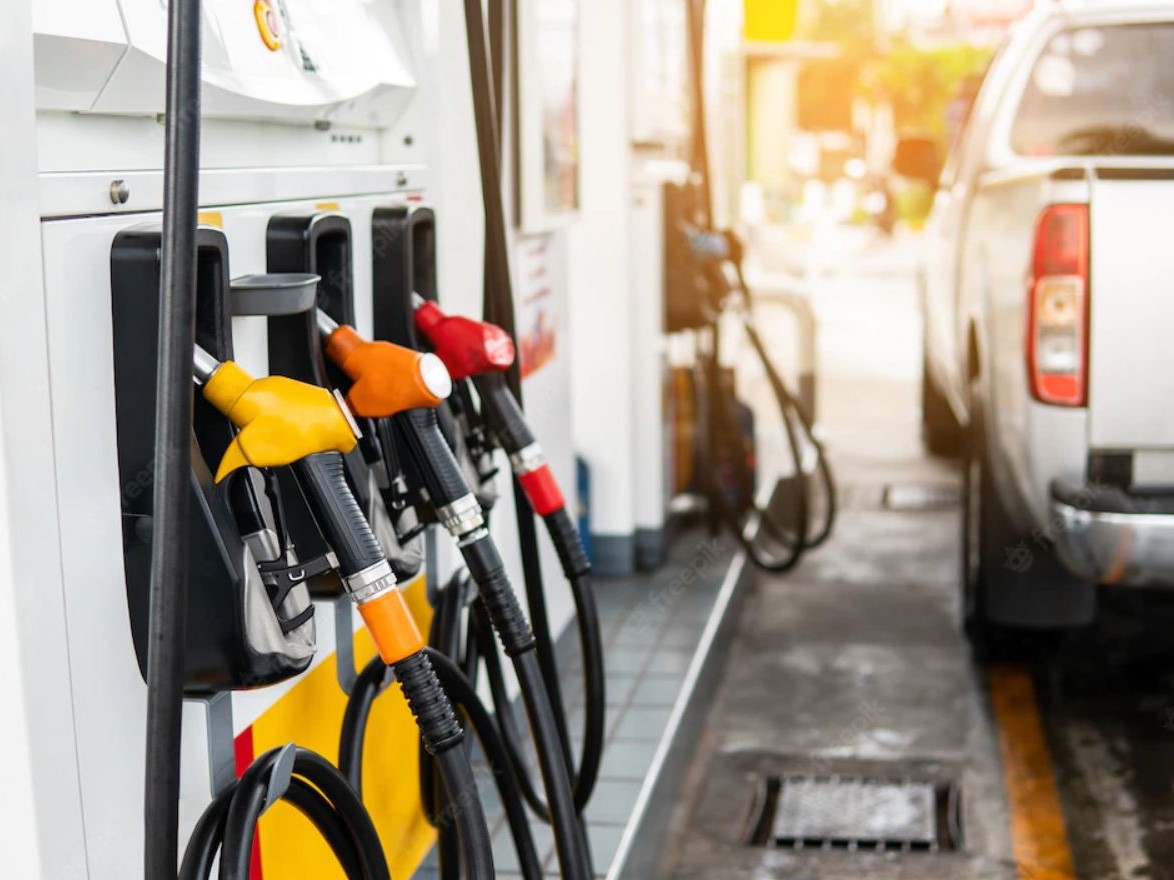Overview
Not all car fuels are the same. The follwoing will describe the pros and
cons of each
Comparison between Petrol and Diesel
| Petrol |
Diesel |
| Most common fuel |
Most common in heavy vehicles and machinery |
| Fossil fuel |
Fossil fuel |
| Contribute to greenhouse gas |
Contribute to greenhouse gas |
|
Fuel type in sweden: environmental class 1 (Less harmful
substances)
|
Dieseltype in sweden: environmental class 1 (Less harmful
substances)
|
|
Octane rating: 95, 98, 99 (The higher octane the more power and
carbon attoms)
|
Cetane rating 40, 50 (Diesel ignites easier) |
| Less dangerous particles compared to diesel |
More dangerous particles compared to petrol |
Diesel emissions VS petrol emissions using a catalytic converter
- 2–3 times more hydrocarbons using diesel car.
- 10–15 times more particles using a diesel car.
- Higher nitric oxide levels using a diesel car.
Other Fule types and their properties
| Fuel Type |
Property |
| Natural gas |
- Made from organic or fossil fule
- Some sources arent clean
|
| Ethanol (E85) |
- Ethanol comes from sugar cane (alcohol extracted)
-
Manufacuring of ethanol is not environmentally friendly
- Food crops are used for fuel
|
| Electricity |
- No harmfull gasses, depends on the source
- Low noise (Reduce ultra sound on a motorway)
-
Manufacturing electric car batteries is not so
environmentally friendly
- Aluminium is light weight
|
| Hybrid |
- These cars have two sources of energy
-
Efficient is some cases. Short distances on the battery.
Long distances on fuel
|

